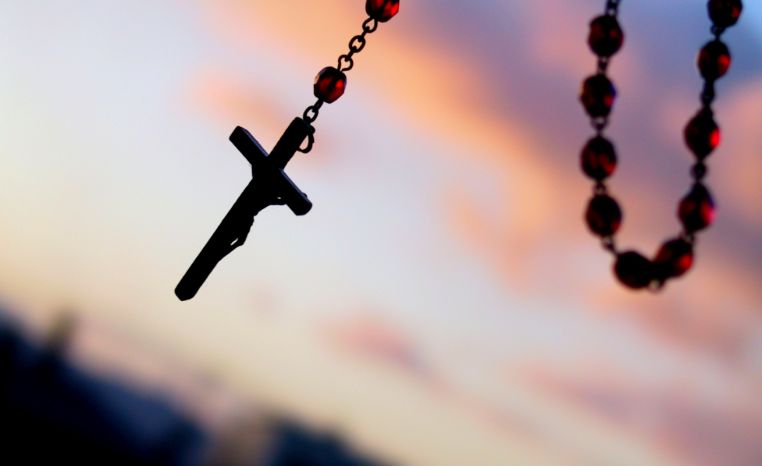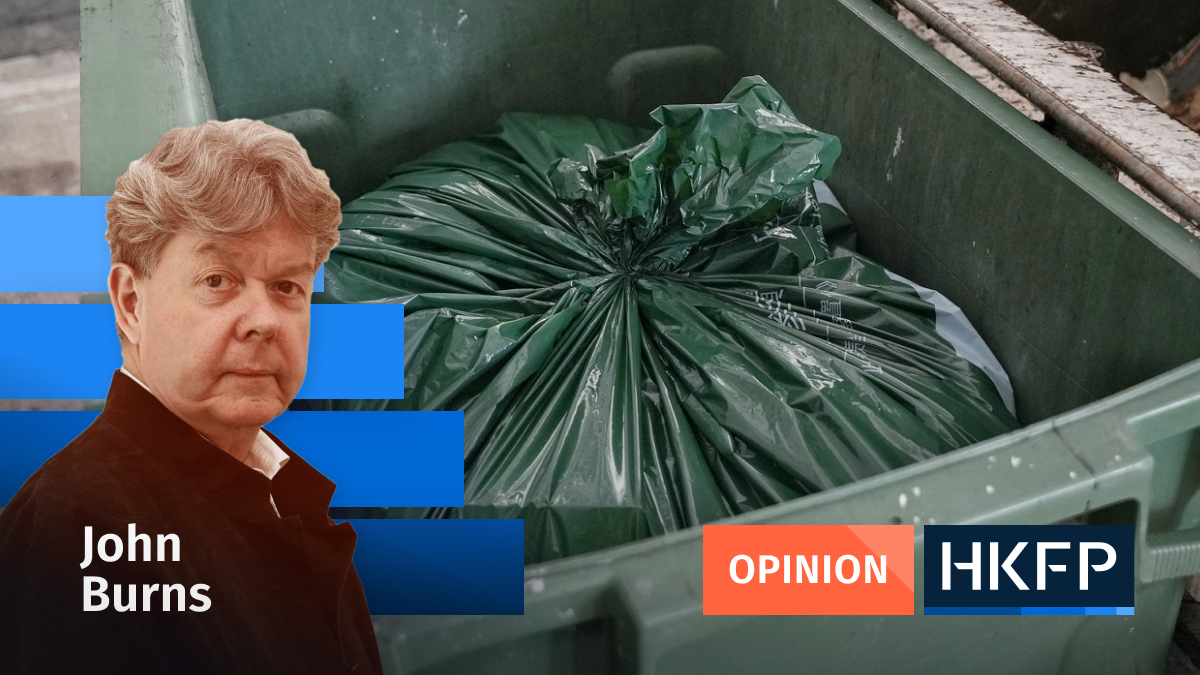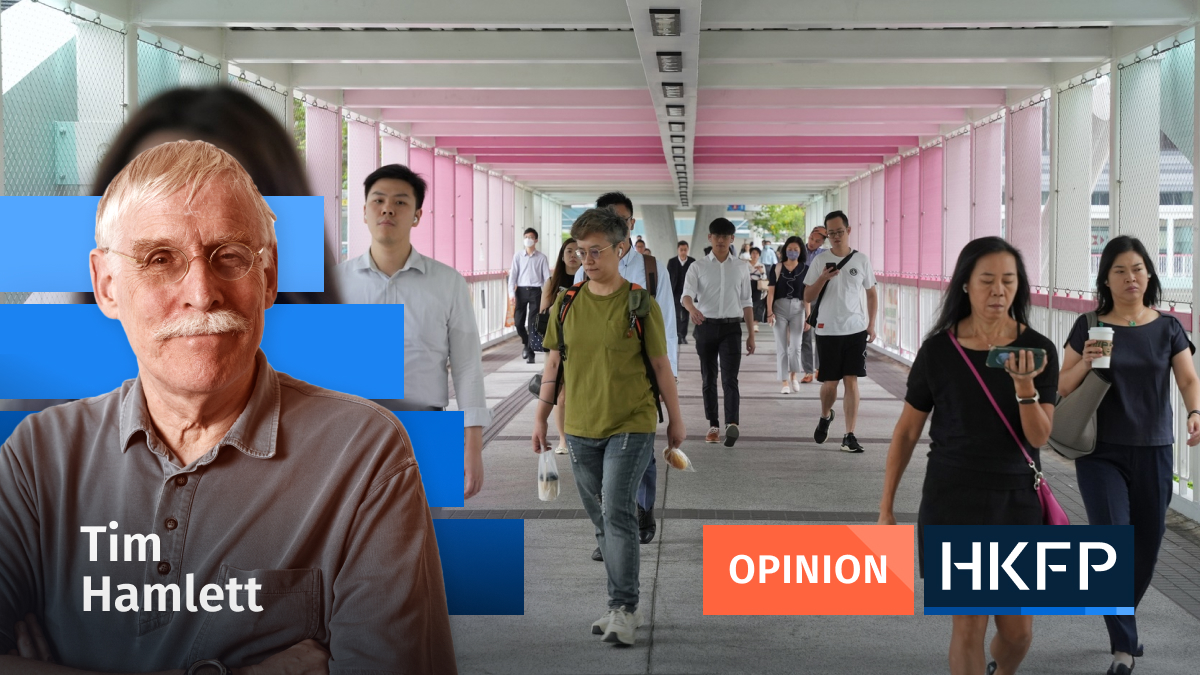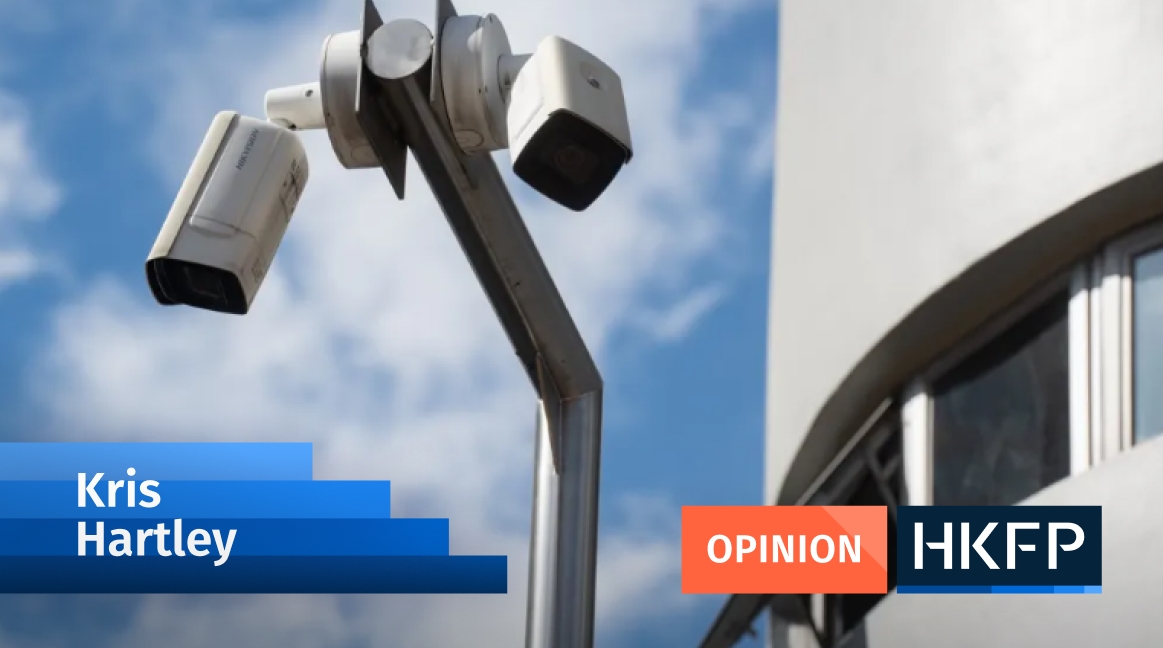There has been a long-running debate in societies around the world whenever issues or protests arise that question our way of life and our value judgements: is violence justified when seeking justice?
That debate has been rekindled by the deaths or injuries suffered by black men at the hands of US police in recent months, and the subsequent violent response. Systemic racial injustice following generations of failure to deal with or even acknowledge the problem has become a political issue. It seems like the elephant in the room was not only in plain view, but was being well fed and watered.

In a more generalised context, the unrest has raised the question of whether violence can ever be a legitimate tool in the quest for justice, particularly when that quest is denied or goes unanswered?
In the US, the large-scale rioting that broke out in Minneapolis some months ago and in many other places since then seems largely to have been triggered by anger and frustration at generations of unanswered injustice.
Some have described it as a valid response, while others condemned it as morally unacceptable, whatever the circumstances. The interesting thing is that because the issue was racial inequality, both sides of the debate chose to draw upon the support of a highly recognised authority on such matters: Dr Martin Luther King Jnr.
Those who wanted to condemn violence and rioting during protests quoted him as saying “I will always continue to say, that riots are socially destructive and self-defeating,” while those who wished to justify rioting quoted him as saying “a riot is the language of the unheard.”

Both of these sound bites were taken from the same speech by Dr King at Stanford University in 1967. This speech has been examined in some detail by Professor Sara Shady at Bethel University, Minnesota, and she makes some salient observations.
Firstly, although Dr King was a well-known advocate of non-violence, his views were rather more complex than many might appreciate. Secondly, Christians have tended to over-idealise his peaceful protests, not appreciating that they often challenged unjust laws by breaking them, and so provoked a violent response – usually towards him and his supporters.
The context of Dr King’s comments was his speech “The Other America“, in which he spoke passionately about the two vastly different Americas that existed side by side, disconnected, unrecognised and unreconciled. It was a speech in which he evaluated the Civil Rights Movement’s efforts to highlight the issue and press for recognition.
He spoke very frankly about the struggles that lay ahead to achieve his vision of a new, racially-united America. He also acknowledged that violence had occurred in some areas of America which threatened to mar the success that his non-violent movement had already achieved. Nevertheless, some factions spoke positively about the effectiveness of violent protest. This is the larger context of what he said:
‘Let me say as I’ve always said, and I will always continue to say, that riots are socially destructive and self-defeating. I’m still convinced that non-violence is the most potent weapon available to oppressed people in their struggle for freedom and justice. I feel that violence will only create more social problems than they will solve. That in a real sense it is impracticable for the Negro to even think of mounting a violent revolution in the United States. So I will continue to condemn riots, and continue to say to my brothers and sisters that this is not the way. And continue to affirm that there is another way.
But at the same time, it is as necessary for me to be as vigorous in condemning the conditions which cause persons to feel that they must engage in riotous activities as it is for me to condemn riots. I think America must see that riots do not develop out of thin air. Certain conditions continue to exist in our society which must be condemned as vigorously as we condemn riots.
But in the final analysis, a riot is the language of the unheard. And what is it that America has failed to hear? It has failed to hear that the plight of the Negro poor has worsened over the last few years. It has failed to hear that the promises of freedom and justice have not been met. And it has failed to hear that large segments of white society are more concerned about tranquility and the status quo than about justice, equality, and humanity. And so in a real sense our nation’s summers of riots are caused by our nation’s winters of delay. And as long as America postpones justice, we stand in the position of having these recurrences of violence and riots over and over again.’

It is quite clear from this context that although Dr King believed that “non-violence is the most potent weapon available to oppressed people in their struggle for freedom and justice,” he also understood that “certain conditions continue to exist in our society which must be condemned as vigorously as we condemn riots.”
This provides a very important principle which is often ignored. It is this: when violence occurs in the context of social unrest, its condemnation by those in authority must also be accompanied by a recognition and equal condemnation of the injustices that have caused it. Otherwise, it just becomes a hollow indictment lacking authenticity and real understanding of the issue.
This principle plays out in several ways in the context of the protests and unrest that engulfed Hong Kong last year, and which followed a similar pattern to those in Dr King’s era. Like the US Civil Rights movement, Hong Kong’s protests began as non-violent public demonstrations at the government’s failure to withdraw the extradition bill.
However, these were the culmination of years of frustration with unsatisfactory progress towards universal suffrage under the Basic Law. This long-running political issue created discontent and resentment at the lack of meaningful political representation, and – when the voice of the people was again ignored – eventually spilled over into violent protest.

In their response to this violence, the Hong Kong government consistently refused to talk to protesters or make concessions on the basis that their demands were made in the context of violence. More than that, it openly denigrated violence on the part of the protesters not only as being illegal, but also as lacking moral legitimacy. However, at the same time, it refused to instigate a high-level independent investigation that might have revealed the issues of injustice which lay at the heart of the protests.
If the government had followed Dr King’s principle and conducted such an inquiry, Hong Kong might have avoided the extreme situation we find ourselves in now, and instead might have achieved a de-escalation of violence and some progress towards a workable compromise.
A second way that this principle plays out is in relation to the church in Hong Kong. Dr King’s motivation for pursuing civil rights for the black population was based on his Christian beliefs. His whole campaign and use of non-violence was so overtly Christian that Christians have subsequently celebrated his success and applauded his non-violent approach.
However, the church must understand that it cannot use this as a justification for having stood aside from the protests on the grounds that the Bible condemns violence. It must also understand that it has an equal duty to speak out strongly against the injustices that are at its source. When it speaks against violence without due regard to Biblical teachings on righteousness and justice, it risks the charge of hypocrisy.

It should be noted also that Dr King’s view of non-violence was not a passive one. He described it as a “weapon” because he used it actively in his struggle to achieve civil rights for the black community. He was fighting for justice and his “weapon” of choice was non-violence, which he used very effectively to achieve his purpose.
It was not just chosen as an effective “weapon” to win a battle, but because it also visually demonstrated the social and political humiliation which the black community suffered at the hands of white oppressors. The stories and pictures of black protesters being beaten and thrown into jail by white policemen spoke for themselves.
But the most important feature of his “weapon” was the contrast between the defenceless and peaceful protesters and the violent and armed policemen. It achieved both a moral advantage and a self-evident rightness for their cause. Dr King targeted laws that were enforcing discrimination and deliberately broke them as a way of highlighting the injustice those laws were causing his community to suffer.
Every protest movement must decide which “weapons” it will use and how to use them effectively. If it chooses violence, then it must understand that it will be met with violence and the full force of the law so that any moral advantage it might have achieved will be lost – despite, perhaps, the rightness of its cause.
In Hong Kong, this factor played out negatively for the protest movement. Even though many people still believed in the rightness of the cause, the weakness of violence allowed the government to exploit the moral and legal failure to its advantage. If the protest movement is to succeed, it must re-evaluate its “weapons” more critically and, like Dr King, choose those that more directly target the injustices it wishes to redress, and use them in a way that will regain large-scale public support.

While the opportunity to regain wider recognition at the ballot box this September has been delayed for a year, it is a much better “weapon” to use since it strikes more directly at the injustice it seeks to redress: the lack of democratic representation. However, if its aim is merely to cause disruption and chaos to the legislative machinery, then it will lose its moral advantage and support. Far better to exploit its potential moral and political advantage by pressing for democratic reform using the legislative process itself, and abandon the weapon of violence altogether.
Like Dr King, the church in Hong Kong must also decide which “weapons” to use to counter the current wave of fear and uncertainty, and how to be a positive influence in the years to come. Fortunately, unlike Dr King, it does not have to choose between violence and justice. While the role of the institutional church may not be on the streets, at the ballot box, or at Legco, it nevertheless has a powerful “weapon” — its voice and message.
It has an important role to speak up for justice and truth, and to do so through a distinctively Biblical lens, helping the wider public understand why God cares so much about these issues.These are powerful weapons because they directly counteract the obfuscation of truth under the refusal of justice for expediency.
However, the church does need to look afresh at Dr King’s single-minded approach to the task he had at hand, and his determination to stay faithful to his principles in achieving it. His principles were not a requirement of the movement’s modus operandi, but a very powerful “weapon” in achieving his purpose. The church must also develop a determined and focused strategy for using its “weapons” effectively in supporting the people of Hong Kong in the coming years.
Because the church is serving a higher power than its political masters, it has an authority that transcends human strategies which can bring hope in times of despair, and truth in times of darkness. The question is: will the church rise to the challenge and use its God-given “weapons” to speak up for justice and truth? Only time will tell.
Support HKFP | Policies & Ethics | Error/typo? | Contact Us | Newsletter | Transparency & Annual Report | Apps
| HKFP is an impartial platform & does not necessarily share the views of opinion writers or advertisers. HKFP presents a diversity of views & regularly invites figures across the political spectrum to write for us. Press freedom is guaranteed under the Basic Law, security law, Bill of Rights and Chinese constitution. Opinion pieces aim to point out errors or defects in the government, law or policies, or aim to suggest ideas or alterations via legal means without an intention of hatred, discontent or hostility against the authorities or other communities. |
Help safeguard press freedom & keep HKFP free for all readers by supporting our team

More HKFP OPINION:
HKFP has an impartial stance, transparent funding, and balanced coverage guided by an Ethics Code and Corrections Policy.
Support press freedom & help us surpass 1,000 monthly Patrons: 100% independent, governed by an ethics code & not-for-profit.










